
Please wait, loading...

Please wait, loading...
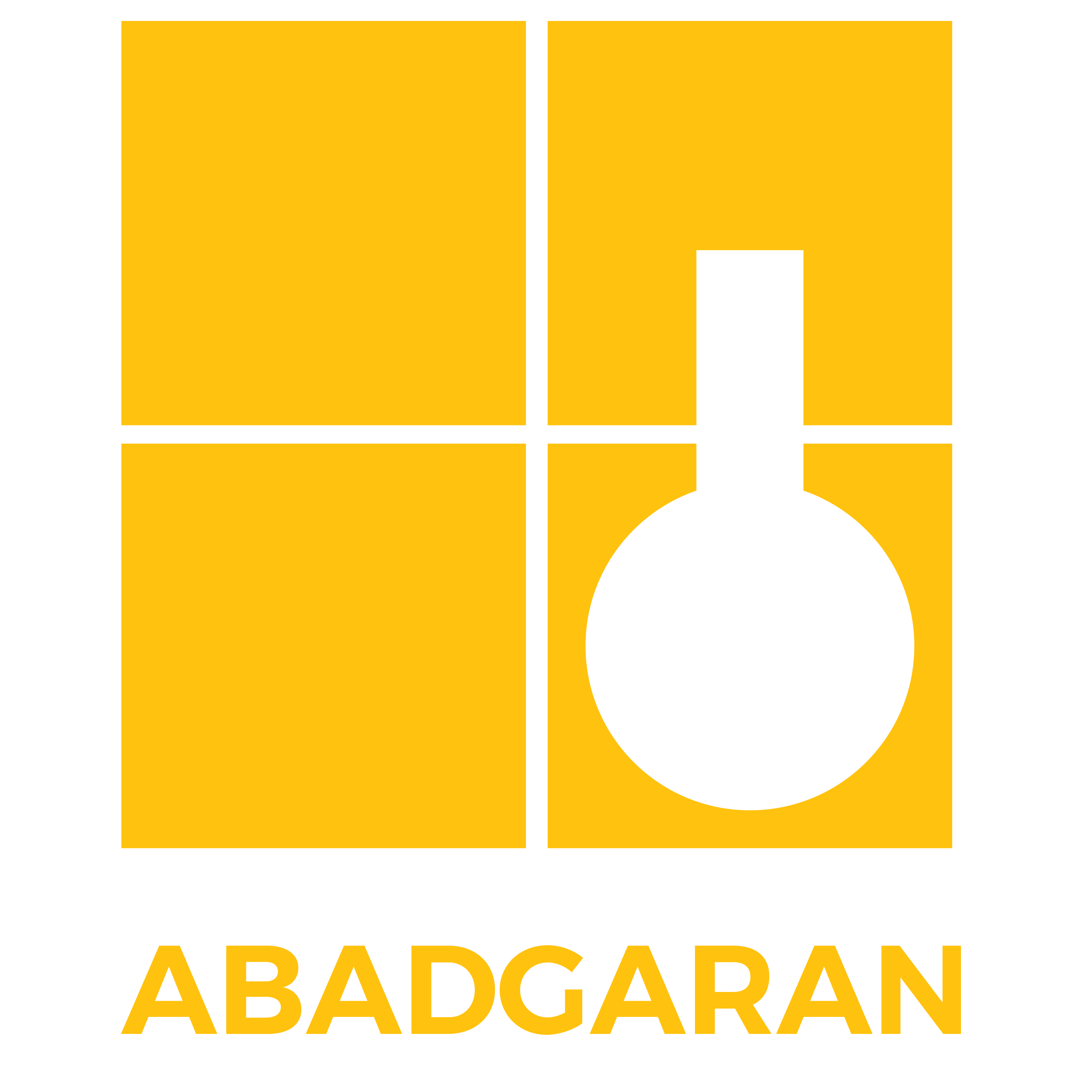
![]()

Resin Flooring Using BS 8204-6 Standard: Types, Applications, and Selection Criteria
Resin-based flooring systems have become one of the most preferred solutions across various industries due to their superior characteristics compared to traditional materials. These floors are widely used not only because of their durability but also because of their adaptability to specific environmental conditions. From industrial settings to commercial and even residential areas, resin floorings can meet diverse performance needs.
BS 8204-6 is a well-known standard that provides comprehensive criteria for selecting and applying resin flooring systems correctly. This article reviews different types of resin flooring, guidance on choosing the most appropriate option, and their applications under various operational conditions.
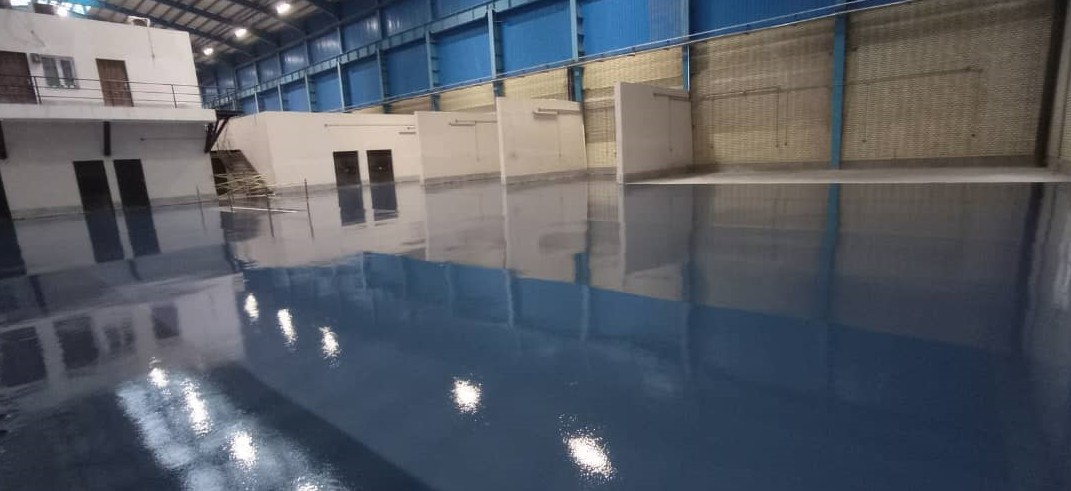

1. Epoxy Flooring
Epoxy floors are among the most commonly used types of resin coatings. Formulated by combining epoxy resin with a hardener, they cure into a tough and highly durable surface. Key features include:
Applications:
Sanitary areas such as laboratories
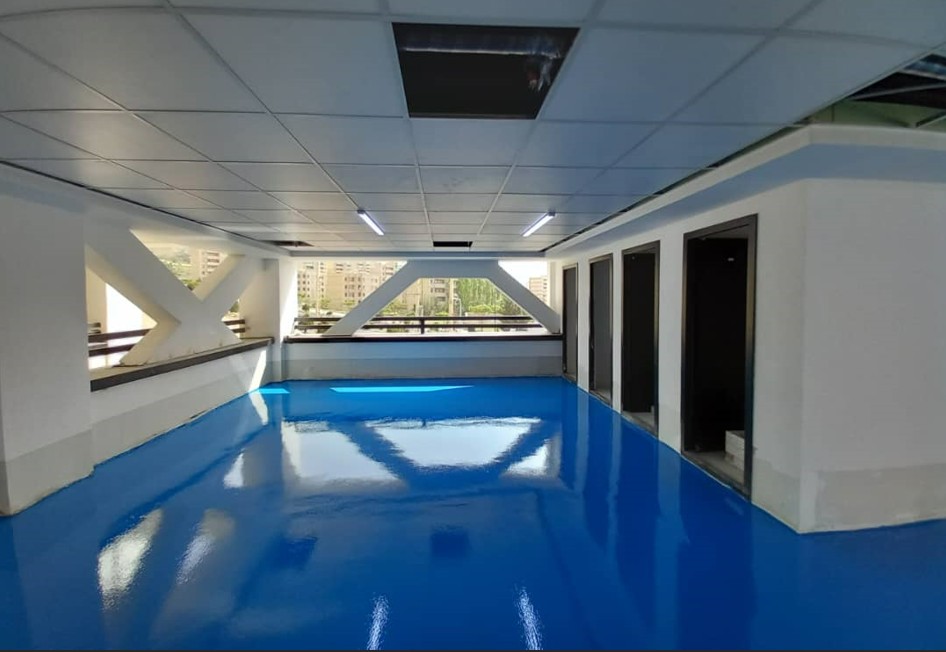
2. Polyurethane Flooring
Polyurethane floors are known for their flexibility and impact resistance, making them ideal for environments with vibration or temperature fluctuations.
Applications:
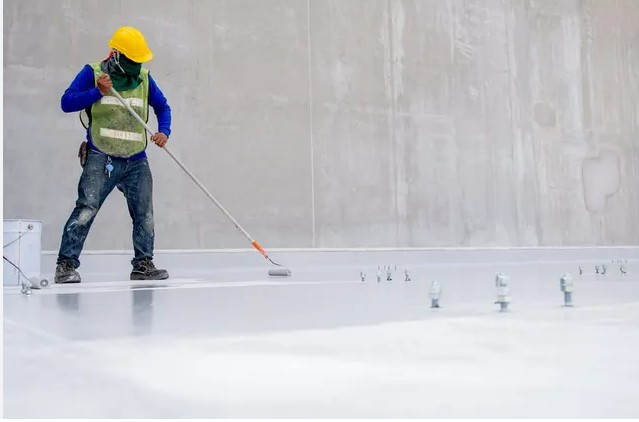
3. Methyl Methacrylate (MMA) Flooring
MMA floors are known for their rapid curing time, making them ideal for fast-track projects.
Applications:
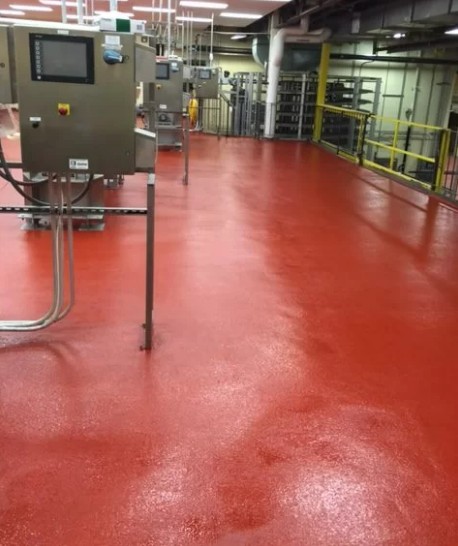
4. Polyester Flooring
A cost-effective option for low-traffic areas. Polyester floors are commonly used where budget constraints are a key consideration.
Applications:
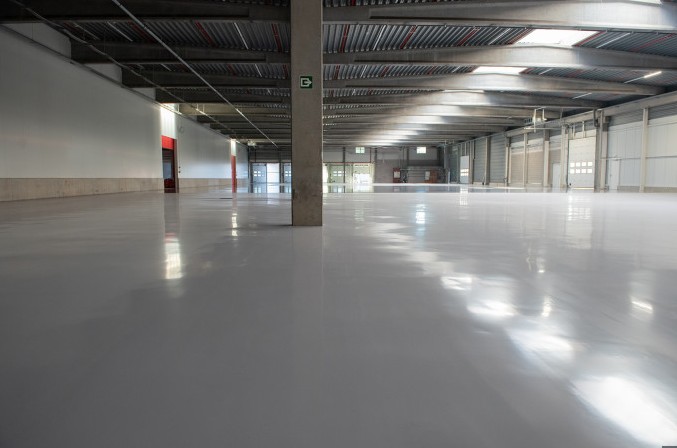
Criteria for Selecting Resin Flooring
Selecting the appropriate resin floor requires a thorough understanding of operational conditions. BS 8204-6 recommends considering the following:
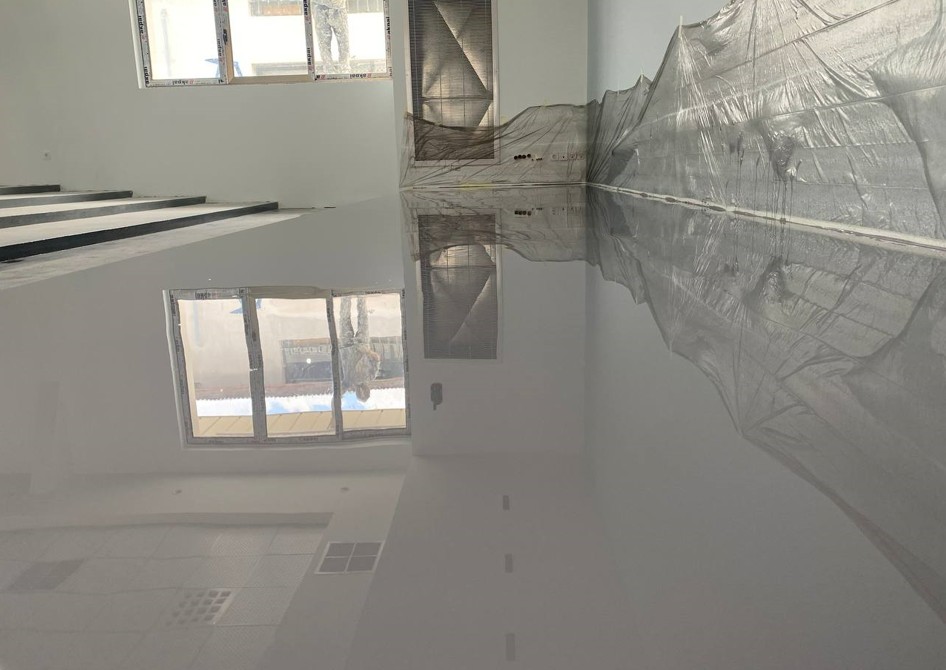
Conclusion
Resin flooring systems, due to their exceptional properties such as strength, versatility, and visual appeal, are ideal for industrial, commercial, and residential settings. Proper selection depends on environmental conditions and project-specific requirements.
Abadgaran Construction Chemical Industries offers a diverse range of resin flooring systems that comply with international standards. Their products are developed using advanced technologies and high-quality raw materials, ensuring optimum performance for various applications.
For more information, visit:
References: